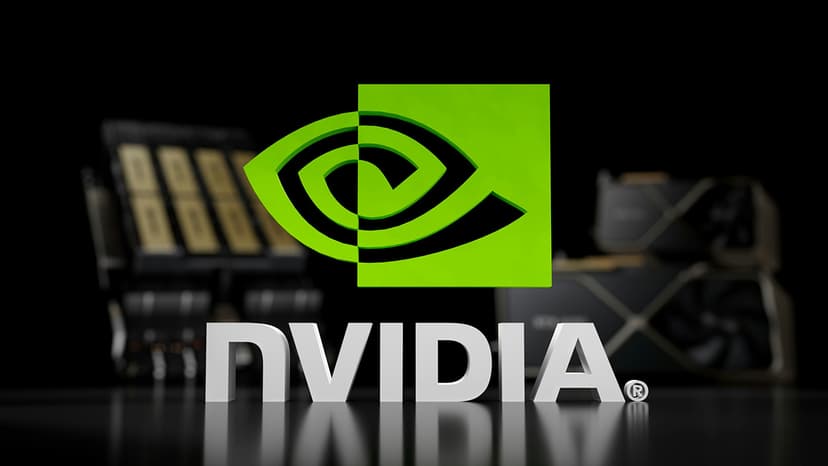What Is the Difference Between a Bachelor's and a Degree?
Many of us hear the terms "bachelor's" and "degree" used often, sometimes interchangeably. It can be confusing, but the difference is important.
First, know that a bachelor's is a specific type of degree. A degree is a general term that refers to the recognition you receive from a college or university after completing a course of study. Degrees come in different levels and types. Examples include associate, bachelor's, master's, and doctorate degrees.
A bachelor's degree is an undergraduate program that usually takes about four years to complete. You can earn a bachelor's degree in many fields, such as arts, science, business, and engineering. Bachelor's degrees are designed to provide a broad understanding of a specific subject along with a well-rounded education in various disciplines.
Why does it matter?
Each type of degree serves different purposes and opens different doors for your career and further education.
- Associate Degrees: These are typically two-year programs. Often, they focus on basic knowledge and skills needed for specific careers or as a stepping stone toward a bachelor's degree.
- Bachelor's Degrees: These offer more in-depth study and take around four years. They prepare students for a wide range of professional careers or advanced study.
- Master's Degrees: These are graduate degrees that usually require one to two additional years after a bachelor's degree. They provide advanced knowledge in a specialized area.
- Doctorate Degrees: These are the highest academic degrees, often requiring several years of study and research after a master's degree.
What can you expect from a bachelor's degree program?
Here is what you typically get when you enroll in a bachelor's degree:
- General Education: Courses in areas like humanities, social sciences, math, and natural sciences.
- Major Coursework: Focused on the specific field you choose to study.
- Electives: Additional courses that allow you to explore other interests.
Which degrees are better?
"Better" depends on your goals. If you seek to enter the workforce quickly and have a specific career in mind, an associate degree might be the best. If you aim for more career opportunities, higher earnings, or further education, a bachelor's degree is ideal.












